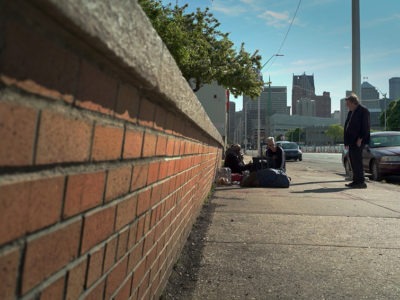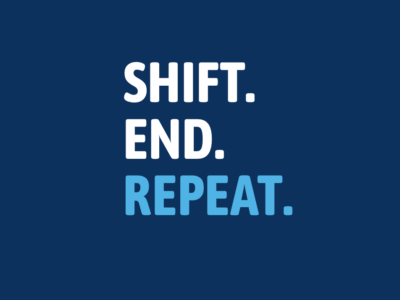The U.S. House of Representatives and the Senate are working on a $3.5 trillion reconciliation package to fund infrastructure projects and economic recovery.
This historic investment gives us a chance to accelerate an end to homelessness by helping communities use data to measurably end homelessness and increase rural communities’ capacity for outreach and service delivery to unhoused people.
Our key priorities for the upcoming reconciliation package include funding for:
1. Service Improvement Managers
- Many Continuums of Care (CoCs) are not able to achieve system-wide reductions in homelessness due to the lack of staff capacity to leverage and analyze data.
- Communities need dedicated and experienced data, process, and systems improvement leaders who are empowered to use real-time data to drive outcomes and population reductions in homelessness.
- CoCs would be able to use this funding to hire a service improvement manager to lead the data analytics and measurement efforts, and be accountable to and responsible for HUD System Performance Measures.
2. The conversion of transitional housing to permanent housing through the Grant and Per Diem (GPD) Permanent Housing Grant Program
- The U.S. Department of Veterans Affairs (VA) Grant and Per Diem (GPD) program currently funds transitional housing facilities on a per diem basis across a robust portfolio of models. This includes bridge housing, low demand, clinical treatment, transition-in-place, hospital to housing, and service-intensive.
- With the end goal of helping even more veterans exit homelessness and achieve housing stability, we recommend additional resources to expand the supply of permanent housing for veterans by enabling the conversion of GPD transitional beds into permanent, affordable, and supportive housing.
3. Tribal & Rural Continuum of Care (CoC) Capacity Building
- Rural homelessness and homelessness in tribal communities do not usually look like homelessness experienced in metropolitan areas. Homelessness in these communities is often out of sight, and recognition or definitional gap can exist between the person experiencing homelessness and the service provider.
- These rural CoCs need additional resources to hire staff to assure critical assistance reaches those experiencing homelessness in rural and tribal areas.
- These new staff positions would identify, document, and provide outreach to those experiencing rural homelessness whose conditions may not align with our current vocabulary grown out of urban homelessness, and for whom services are still geographically out of reach.
Learn more about our policy priorities to help end homelessness.




